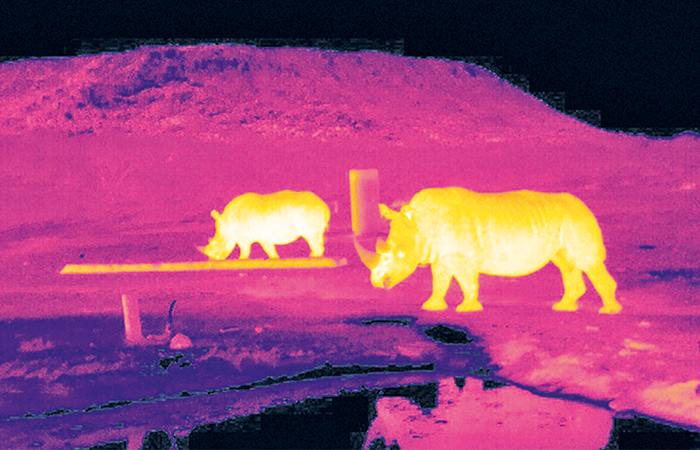At a recent conference hosted by the Born Free Foundation and the British International Education Association (BIEA), conservationists outlined how technology is being applied both for ecological study and protection. Using a combination of drones, citizen science and artificial intelligence, the front lines in the conservation battle are being redrawn.
“We’re currently experiencing a big problem with extinction in the world,” Dr Josh Veitch-Michaelis told the conference. “There are five species that will go extinct today. There are less than half as many animals in the world as there were 30 years ago. And the World Economic Forum has ranked this as a top 10 threat to humanity.”
Veitch-Michaelis is a member of the Astro-Ecology group at Liverpool John Moores University, a multidisciplinary team using astronomy and machine learning techniques to better understand animal populations and their health.
Finding and counting animals is key to this, but mainstream methods haven’t changed much since the heyday of Jane Goodall and Dian Fossey, with individuals trekking across swathes of land, pen and paper in hand. More recently, however, the discipline has been given a tech upgrade. “We fly drones with thermal imaging cameras,” said Veitch-Michaelis. “Over the last 10 years, drones have had a massive explosion in use in conservation, the reason being that drones are reasonably cheap, you can cover much more area than with a ground-based survey, and we can put the kind of instruments we want on to them.”
Veitch-Michaelis and his crew predominantly use multirotor drones, equipped with GPS, stabilised cameras on gimbals and autonomous flight capabilities. As many animals have evolved to camouflage themselves, thermal cameras have become an important tool, capable of penetrating jungle canopies and thick savannah grasses. The technology has even been employed by the John Moores team as a method for detecting poachers, who are adept at blending into the environments they operate in.
Lire la suite: www.theengineer.co.uk






